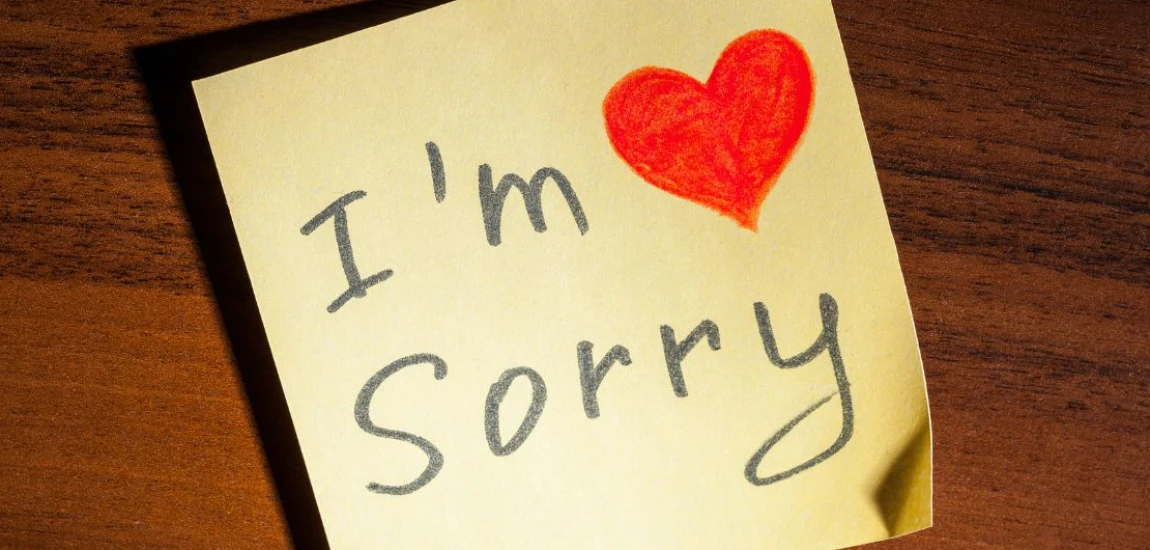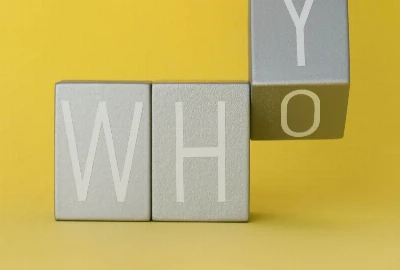The After-Apology Void: What Follows When Celebrities Stop Saying Sorry?

For much of the 2010s and early 2020s, a familiar cycle defined celebrity culture: a scandal broke, outrage followed, and then came the apology—often posted in the Notes app, delivered via late-night talk show, or shared in a shaky video. These apologies were dissected word by word, with fans and critics alike debating whether they were sincere, performative, or simply PR damage control.
But in 2025, something has shifted. Increasingly, celebrities are refusing to play this game. Instead of issuing groveling statements, they’re choosing silence, defiance, or outright dismissal. Some act as if nothing happened. Others double down, betting that outrage will pass more quickly than it used to. The result is what we might call the after-apology void—a cultural moment where the once-standard ritual of saying sorry has all but disappeared.
This post explores what fills that void. What happens when apologies vanish from celebrity culture? How does it reshape public forgiveness, accountability, and even the entertainment industry itself? And more importantly, what can we learn from this cultural pivot about our own appetite for contrition, redemption, and moving on?
The Rise and Fall of the Celebrity Apology
Celebrity apologies weren’t always a scripted ritual. In the early days of mass media, public figures rarely admitted wrongdoing publicly at all. But the internet age changed everything. Social media democratized voices, making it impossible for stars to ignore backlash. With hashtags trending worldwide within minutes, an apology became the expected next step in crisis management.
By the mid-2010s, these apologies had evolved into a genre of their own. Think of Kevin Hart stepping down from hosting the Oscars, Ellen DeGeneres addressing toxic workplace allegations, or countless YouTubers posting tearful videos. Fans became fluent in the tropes: the somber tone, the acknowledgment of “harm caused,” the vague promise to “do better.” Entire news cycles were built around the sincerity—or lack thereof—of these apologies.
But as the years went on, a new phenomenon set in: apology fatigue. Audiences began to see these statements as formulaic, hollow, and strategic rather than heartfelt. PR teams churned out cut-and-paste apologies that no longer carried emotional weight. Social media users started mocking the Notes app format and treating apologies as empty gestures rather than steps toward accountability.
By 2025, celebrities noticed. If fans didn’t believe in apologies anyway, why bother making them? That’s how we arrived in the after-apology void—an era where silence or avoidance often seems more effective than the scripted apology cycle.

The After-Apology Void: What It Means in 2025
So what exactly happens when celebrities stop saying sorry? The void left behind is more than just an absence of PR statements—it’s a cultural and emotional shift with ripple effects.
Silence as a Strategy
Many celebrities now bank on short attention spans. With outrage cycles burning hot and fast, silence often feels safer. If you say nothing, tomorrow’s scandal might bury yours. Silence has become a survival tool.
Defiance Over Contrition
Some stars go beyond silence, choosing to double down. Instead of apologizing, they frame criticism as “cancel culture overreach” or position themselves as victims of online mobs. This tactic appeals to fans who resent what they see as excessive policing of behavior.
Fans Decide the Narrative
Without official apologies to anchor discourse, fans fill the void themselves. Some craft defenses, others write takedowns, and the conversation spins without resolution. The result is a cultural stalemate where no closure is possible—just endless online debate.
The Question of Accountability
The biggest consequence of the after-apology void is uncertainty about accountability. If apologies disappear, are we also letting go of public mechanisms for acknowledging harm? Or are we simply admitting that those apologies never carried as much weight as we thought?
In 2025, the after-apology void is less about celebrities themselves and more about us—the audience. It reflects our shifting relationship to forgiveness, morality, and the spectacle of contrition.

Why the Public Stopped Caring About Apologies
To understand why apologies faded, we need to ask: why did audiences stop valuing them?
Performative Fatigue
We learned to recognize the PR template. Once you’ve seen a dozen nearly identical apologies, the sincerity feels questionable. Audiences don’t want rehearsed contrition—they want genuine transformation, which rarely comes in the form of a written statement.
The Speed of Outrage
Social media moves at lightning pace. By the time a celebrity crafts a “perfect” apology, audiences have already moved on to the next controversy. Why invest energy in forgiveness when attention spans don’t allow it?
Shifting Values of Authenticity
Gen Z and younger audiences prioritize authenticity over polish. A carefully worded PR statement doesn’t feel authentic; it feels manufactured. Ironically, silence—or even messy defiance—can come across as more “real” than a scripted apology.
The Power of Parasitic Fame
For some celebrities, controversy fuels relevance. Instead of being a career killer, backlash can become a brand. In such cases, apologizing undermines the persona they’re selling.
In short, the public stopped believing in apologies because they no longer aligned with our cultural values. And when the demand evaporated, so did the supply.

What Fills the Void Instead?
If apologies aren’t the mechanism for accountability anymore, what takes their place? In the after-apology void, three substitutes are emerging:
Actions Over Words
Some celebrities now skip the apology but quietly change behavior. Donating to causes, hiring more diverse teams, or shifting creative output becomes the new form of contrition. Audiences track actions, not words.
Parasocial Negotiation
Fans negotiate forgiveness on their own terms. Online communities debate whether a star “deserves” redemption, often with no input from the celebrity. This puts more power in the hands of audiences but also leads to endless polarization.
Forgetting as Forgiveness
With constant new scandals, forgetting has become a default mode of forgiveness. Outrage cycles spin so quickly that people move on without closure. The absence of apologies makes forgetting easier—if nothing was said, nothing needs to be resolved.
The after-apology void is not an empty silence—it’s a new ecosystem of accountability, where actions, debates, and memory all play bigger roles than words.

Actionable Insights: Rethinking Accountability Beyond Apologies
The after-apology void doesn’t mean accountability is gone—it just looks different now. Here’s what we can take from this shift, whether you’re a public figure, a brand, or simply someone navigating mistakes in daily life:
Actions Speak Louder – Don’t rely on words alone. Change behavior visibly and consistently. People trust actions they can measure more than statements they can critique.
Transparency Over Perfection – Instead of a polished apology, share an imperfect but honest acknowledgment. Audiences value vulnerability and openness more than PR gloss.
Accountability Is Ongoing – An apology is a moment, but accountability is a process. Showing growth over time matters more than a single speech or post.
Engage in Dialogue – The after-apology void highlights the hunger for conversation. Celebrities (and brands) who directly engage with communities—not just issue statements—foster stronger trust.
Know When Silence Is Harmful – While silence can diffuse outrage, it can also deepen mistrust. Choosing not to apologize shouldn’t mean avoiding accountability altogether.
By rethinking accountability as a long-term practice rather than a PR event, both celebrities and ordinary people can navigate the new cultural landscape more authentically.




